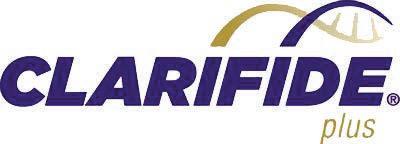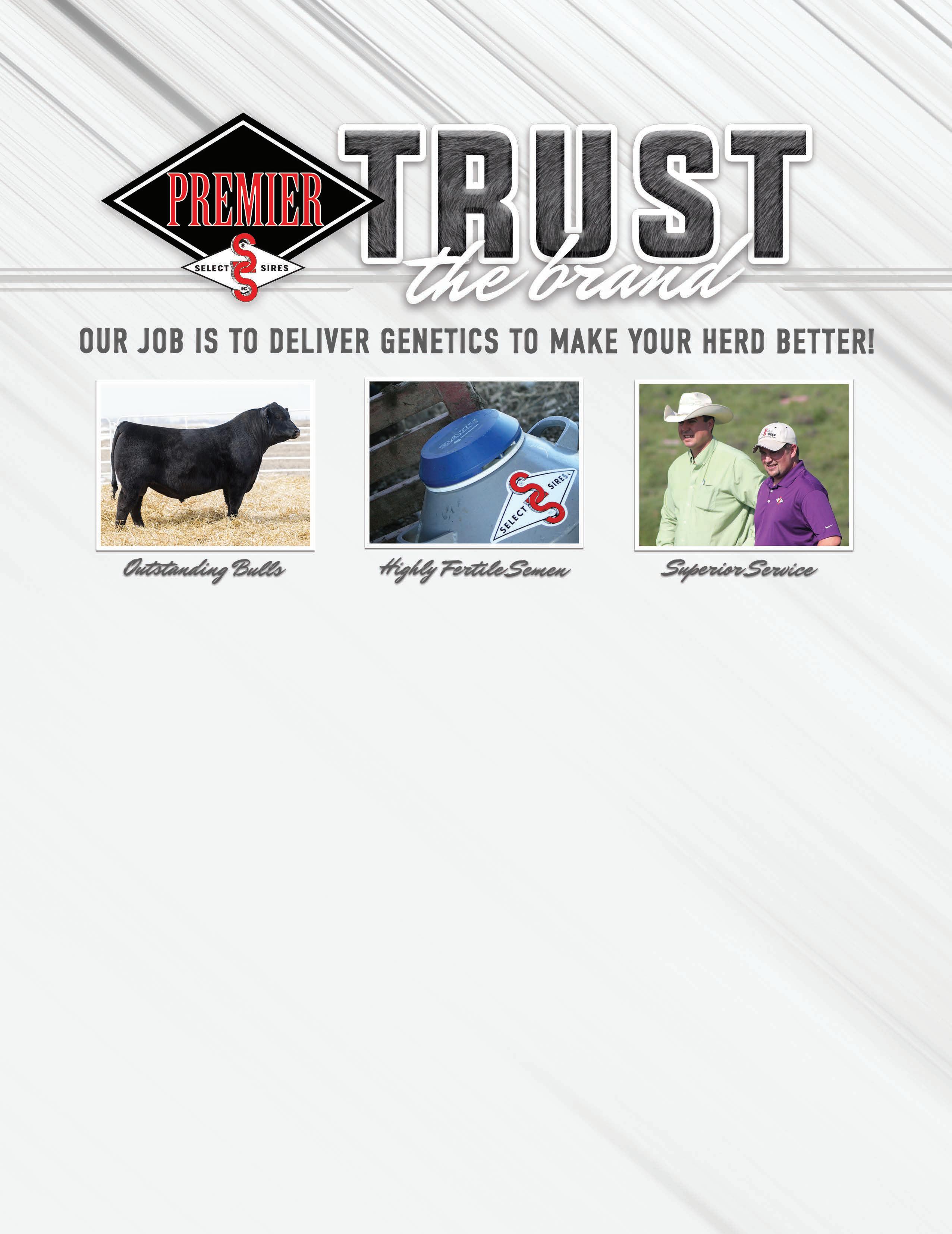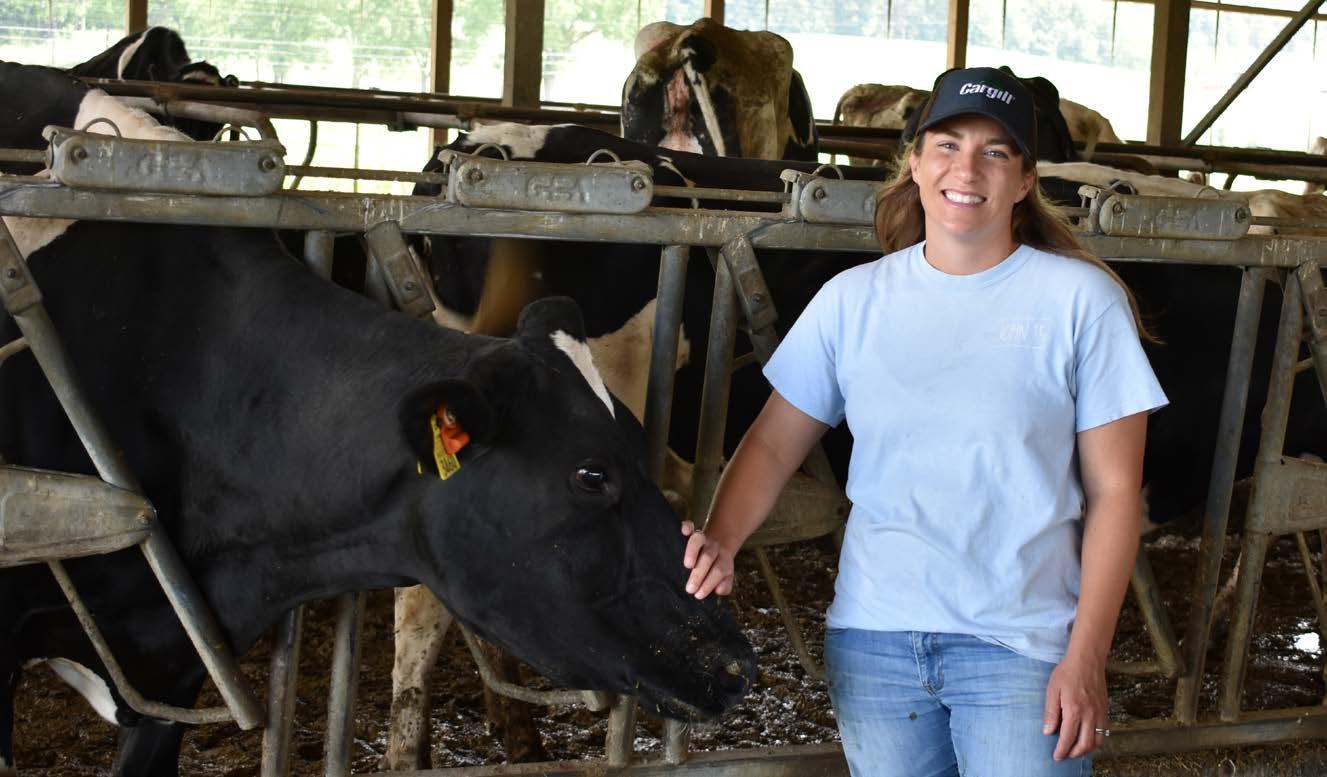
3 minute read
Zoetis TM Genetic Testing
Premier now partners with Zoetis, the largest global animal health company, to bring member-customers CLARIFIDE ® and CLARIFIDE ® Plus genetic testing.
Wellness is a profitable choice.
Advertisement
We all know that it is a wise management strategy to cull unprofitable animals from the herd. What if you could predict an animal’s wellness—and subsequent profitability—in the early stages of its life? What if you could pinpoint specific traits you’re looking for to advance your herd genetically? These decision-making factors can be at your fingertips with Zoetis CLARIFIDE ® and CLARIFIDE ® Plus testing.
With the introduction of eight cow wellness traits, three calf wellness traits and three fertility traits, Zoetis CLARIFIDE and CLARIFIDE Plus testing can identify those animals with the greatest potential to help reach herd health and profitability goals from an early age. Why feed, breed and manage an animal that is below the average for these important traits? In addition, CLARIFIDE Plus has the ability to rank animals with the Dairy Wellness Profit Index ® (DWP$ ® ), the first commercially available dairy genetic evaluation of its kind. It allows producers to account for traits that affect health, fertility, performance, and lifetime profit of calves and cows.
What’s the bottom line? Investing in CLARIFIDE is a great way to genomically differentiate your herd. Rather than relying on parent average and phenotype, it allows you to peer into your animals’ genotype to make informed, profitable choices.
The CLARIFIDE genomic test delivers reliable predictions from the Council for Dairy Cattle Breeding (CDCB) of genetic merit in Holsteins, Jerseys, Brown Swiss, and Guernseys by utilizing DNA-marker technology. Providing a lifetime of information early in life, it enables producers to make confident selection decisions for a more valuable dairy herd.
CLARIFIDE genetic test results include data on more than 30 health and type traits, composite indexes, genetic conditions, and haplotypes.
Where parent average provides 20 to 30 percent reliability (when parentage is correct), CLARIFIDE provides 60 to 70 percent reliability.
Recognizing high-genetic females helps producers to make informed decisions on the use of sexed, conventional, or beef semen, and it helps them select the best sires for creating valuable replacements.
Talk to your Premier representative about the information CLARIFIDE and CLARIFIDE Plus could provide to your farm, and how that information could aid your decision making and increase your profitability!
® CLARIFIDE, CLARIFIDE Plus, Dairy Wellness Profit Index, DWP$, Wellness Trait Index, and WT$ are registered trademarks of Zoetis Services LLC or a related company or licensor. ™ Zoetis, Calf Wellness Index, and CW$ are trademarks of Zoetis Services LLC or a related company or licensor.






